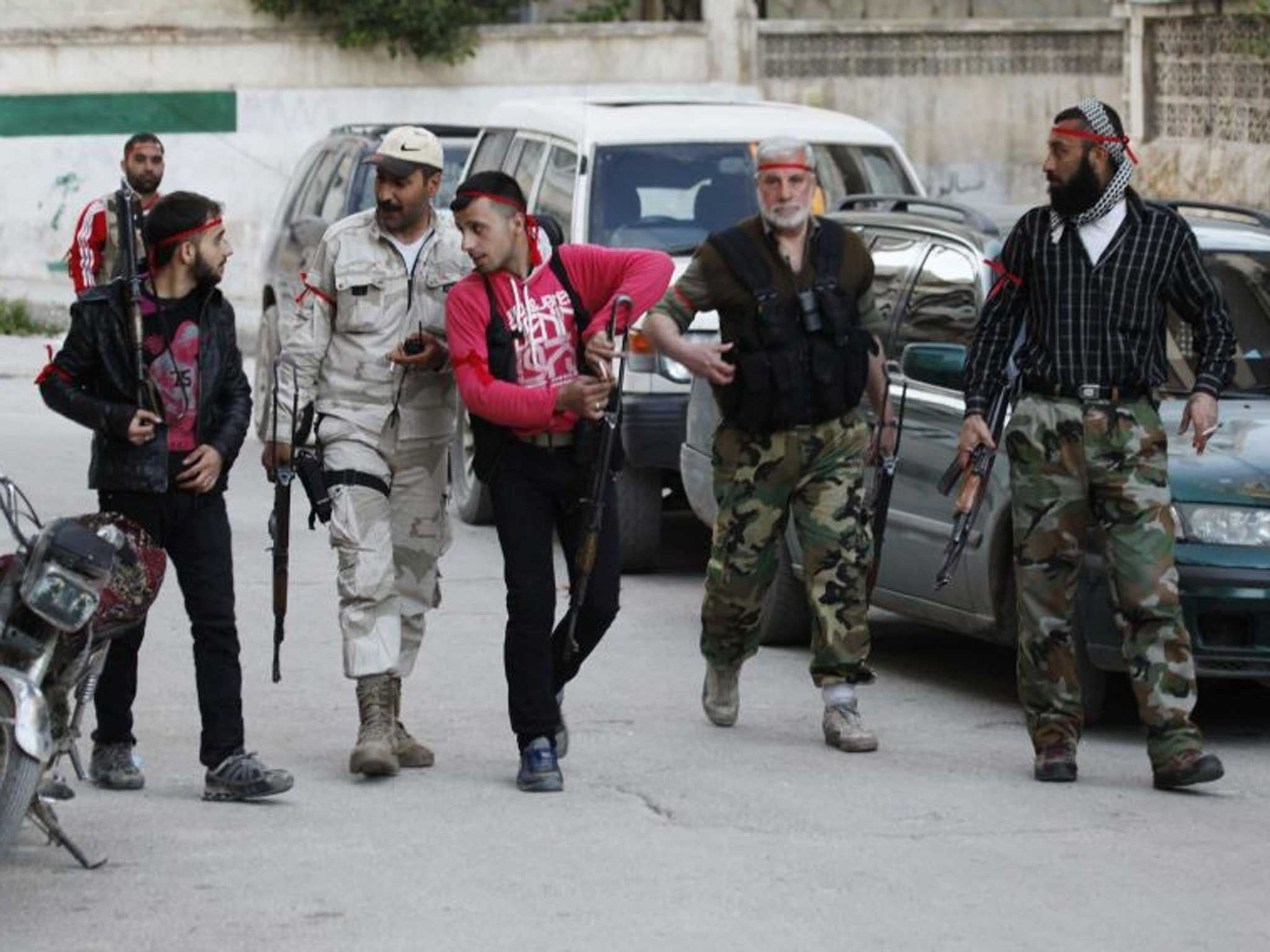Terror training in Syria makes attack on UK 'inevitable'
Fighters are returning from the conflict radicalised and ready to strike Britain, counter-terror chief warns

The danger faced by Britain and other countries from jihadist fighters returning from Syria is "unprecedented" and a terror attack on British soil "inevitable", experts warned last night.
Thousands of foreign fighters, including hundreds of Britons, are now in Syria according to government sources. They are gaining "combat experience and forging connections with extremists". As a result they could "return radicalised" and "seek to carry out attacks against the West".
The threat posed by veterans from Syria is "unprecedented", according to Gilles de Kerchove, the EU's counter-terrorism co-ordinator. The warning is made in written evidence to a Home Affairs Select Committee inquiry on counter terrorism, published last Tuesday.
"All the reports I have seen suggest that it is becoming increasingly acute," he added.
"National budgets devoted to counter-terrorism are declining across the EU. Yet the threat that we face is becoming more diverse, more diffuse, and more unpredictable."
Nor is the problem confined to Syria. Africa is now a "particular" concern, since "the terrorism threat is growing and becoming a major obstacle to development", Mr de Kerchove warned.
He is calling for "concerted and co-ordinated action" by European countries to "avoid destabilisation … and the establishment of terrorist safe havens". He added: "We should be investing a lot more in counter-terrorism work, including externally, if we are to prevent or mitigate future terrorist attacks."
More needed to be done to "counteract more effectively the use of the internet and social media for radicalisation and recruitment purposes" and to "identify and detect" foreign fighters, he said.
The EU counter-terror chief praises Britain for having developed "one of the best communication campaigns, which not only raises awareness of the phenomenon and the possible risks related to it, but also offers an alternative to those who want to go to Syria for humanitarian reasons".
Countries need to share intelligence because "it is not inconceivable that a foreign fighter could return to his home country with the intention of joining former comrades for an attack in another".
Terror experts echoed his concerns yesterday, in the run-up to a talk on foreign fighters due to be hosted by the Chatham House think-tank on Thursday.
The number of fighters means they are "almost impossible to monitor", Richard Barrett, former the former head of counter-terrorism at MI6, told The Independent on Sunday yesterday. While many will return and not be a problem, some will come back "radicalised and a real danger to society".
He said that simply arresting people returning from Syria was a "knee-jerk reaction" and that such heavy-handed treatment by the police risked radicalising people.
"I was a bit horrified to see a few weeks back some chief constable was saying all these guys should be locked up, and I think already 16 people have been arrested who have come back from Syria. Maybe there was good reason for that. But how you treat people is really important. There is a balance to be struck, where you do not mistreat people on the one hand, but do not overlook people who are a threat [either]."
Raffaello Pantucci, senior research fellow at the Royal United Services Institute, said: "It seems almost inevitable that some sort of a threat back to the UK will come off the battlefield in Syria, something supported by the fact that security services in the UK believe they have already disrupted at least one plot with links to Syria."
Last month, The IoS revealed that the Foreign and Commonwealth Office had started a new cyber offensive to deter would-be jihadists from going to Syria. A six-figure sum is being spent on "social media activity" as part of the project.
In a statement, a Home Office spokesman said: "The UK advises against all travel to Syria. Even people travelling for well-intentioned humanitarian reasons are exposing themselves to serious risk, including being targeted for recruitment by terrorist groups."
He added: "The police and security services are actively working to detect and disrupt any terrorist threat from Syria and individuals who travel there.
"People thinking about travelling to Syria to engage in terrorist activity should be in no doubt that we will take the strongest possible action to protect our national security."
Join our commenting forum
Join thought-provoking conversations, follow other Independent readers and see their replies
Comments
Bookmark popover
Removed from bookmarks